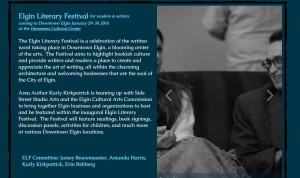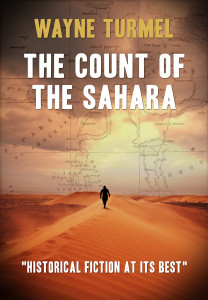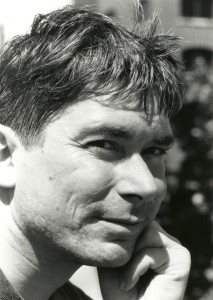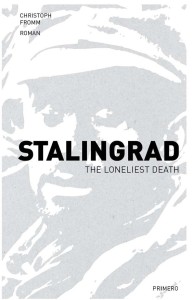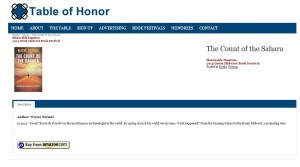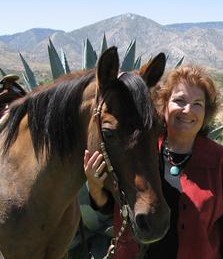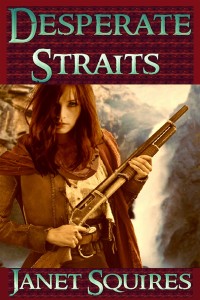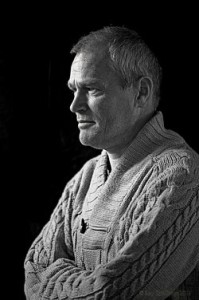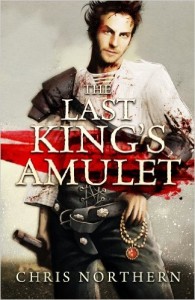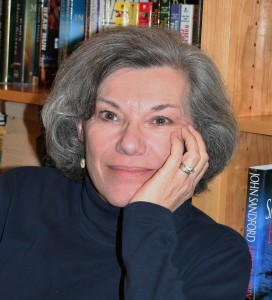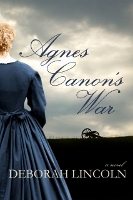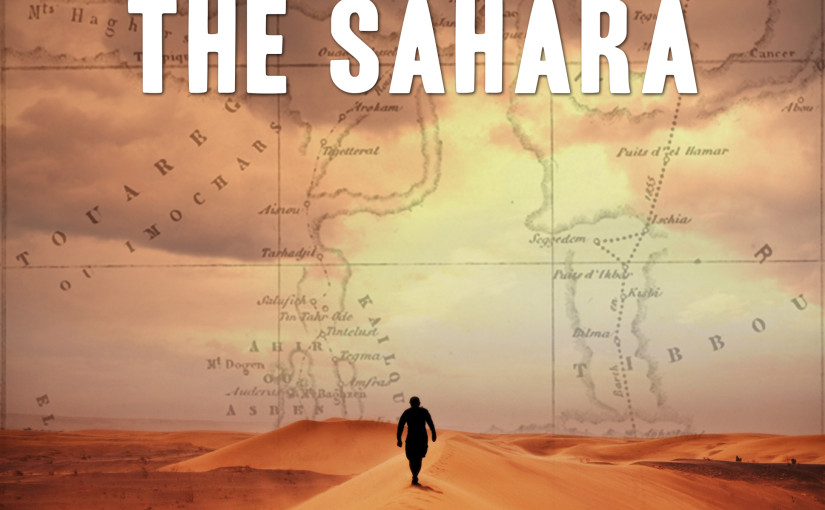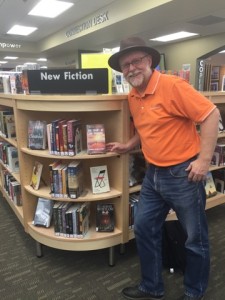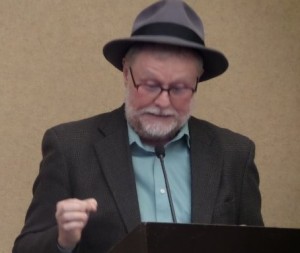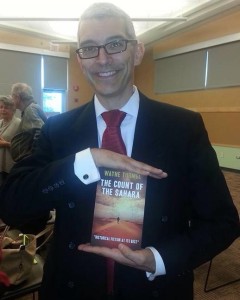I’m always looking for stories I don’t know, in time periods or characters that aren’t familiar to me. Enter Ed Morawski’s book, Goddess of Grass. It tells the tale of the fateful meeting between the Spanish and Aztec kingdoms, through the prism of a young female interpreter. Don’t read that every day, do ya?
Ed Morawski has written numerous works of fiction and non-fiction. After
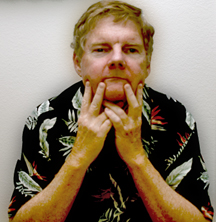
serving in the U.S. Air Force for 8 years, seeing action in Vietnam, he returned to the U.S. to Edwards AFB and after his discharge began a career in security and law enforcement. He became an expert in physical and electronic security, alarms, and video surveillance. He resides in Southern California.
So tell us about Goddess of Grass…
Before there was America, before there was even Mexico, there were the Aztecs. Back in the 16th century, they were not called Aztecs, but known as the Mexica, a Nahua people who founded their metropolis capital city Tenochtitlan on a raised islet in Lake Texcoco. The Mexica came to dominate the other tribes of the land south of what would someday be North America and formed a vast and feared empire ruled by Montezuma, which probably consisted of a million or more subjects. While sophisticated and cultured, the Aztecs had a bloodthirsty dark side: they practiced human sacrifice on a scale never before known. These sacrifices consumed so many victims that the Aztecs waged war solely to obtain captives for their rituals.
In one of the most fateful events in history, Hernando Cortes arrived in that land we now know of as Mexico in 1519, the exact year an ancient Aztec prophecy predicted a god would return from the land of the rising sun. With less than 500 men and a few horses and cannon, Cortes conquered the Aztec empire in a blindingly short time. What was his secret weapon? A 17 year old native slave girl named Malinalli, who would come to be known as La Malinche. This teenage girl was given to Cortes as a gift to be his slave. But instead of accepting her fate, Malinalli used her own abilities to seize upon a unique advantage, thereby making herself indispensable to the Spanish Conquistadors. Goddess of Grass is the story of Malinalli, the unknown heroine who fought alongside professional soldiers, who negotiated with hostile native tribes, who stared down Emperor Montezuma, the most feared man in Mexico, and who bore as her child the first offspring of a Spaniard and native Indian: the first Mexican.
This story doesn’t seem a natural for someone with your background. What drove you to tell this story from such an unusual point of view?
I was inspired to write Goddess of Grass solely by Malinche. Here was a young teenage girl who instead of remaining a slave, turned her fortunes around to become the most powerful woman in Mexico for a period of time and literally changed the course of history. Unfortunately, though Spanish and native history records Malinche’s exploits, there is little known about her.
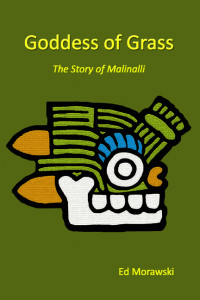
Without giving away the goods, what’s your favorite scene in the book?
Probably my favorite scene is when La Malinche comes face to face with Emperor Montezuma and instead of looking down as the law commanded, she eyes him directly as she translates for Cortes. Montezuma is so unnerved by her actions and the prophecy, he willingly becomes a prisoner in his own palace.
Where can folks learn more about you and your book?
You can find me on Goodreads at https://www.goodreads.com/author/show/1126615.Ed_Morawski
The book is on Amazon in Kindle and paperback

